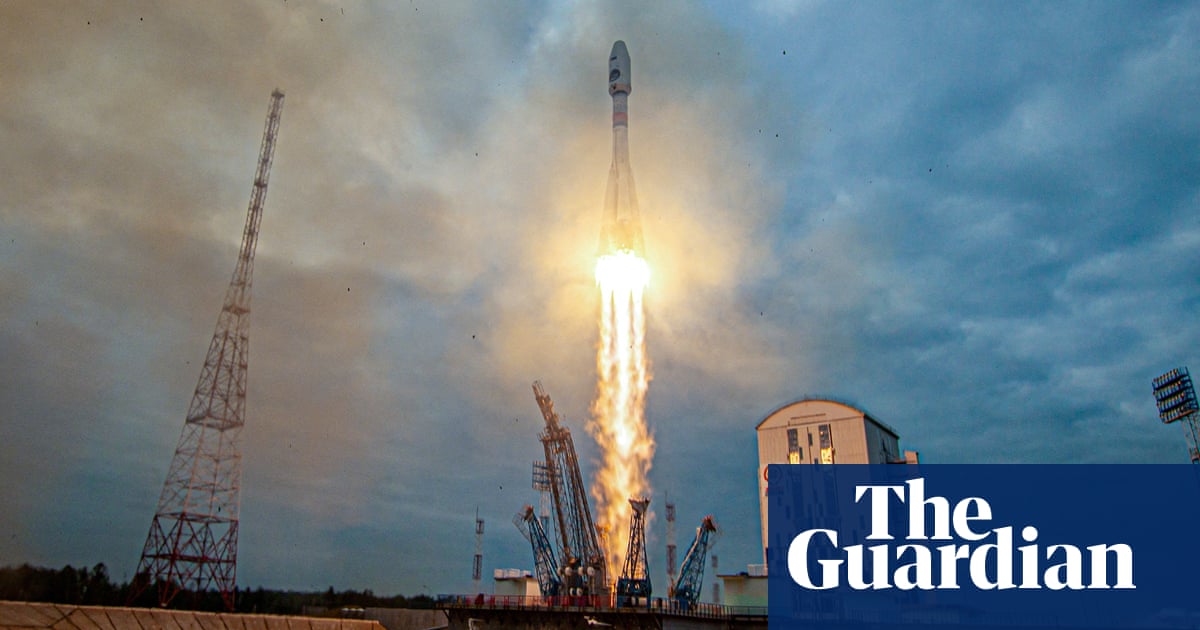- Joined
- Jun 12, 2018
- Messages
- 1,625
First Russian lunar mission in 50 years. Says that it is not space exploration so much as it is a declaration to "ensure Russia's guaranteed access to the moon's surface."
If people don't get to the moon sooner rather than later, lunar rovers could become agents for making territorial claims.
Powerful rocket to get Russian lunar lander to the Moon's south Pole just before or just as India's lunar landing is happening. India launched its lander on July 14, using a series of maneuvers to get its lander into position to land on the moon at minimal cost. Using a much more powerful rocket, the Russian rocket will get their lander to the moon in 12 days.
If people don't get to the moon sooner rather than later, lunar rovers could become agents for making territorial claims.
Powerful rocket to get Russian lunar lander to the Moon's south Pole just before or just as India's lunar landing is happening. India launched its lander on July 14, using a series of maneuvers to get its lander into position to land on the moon at minimal cost. Using a much more powerful rocket, the Russian rocket will get their lander to the moon in 12 days.


